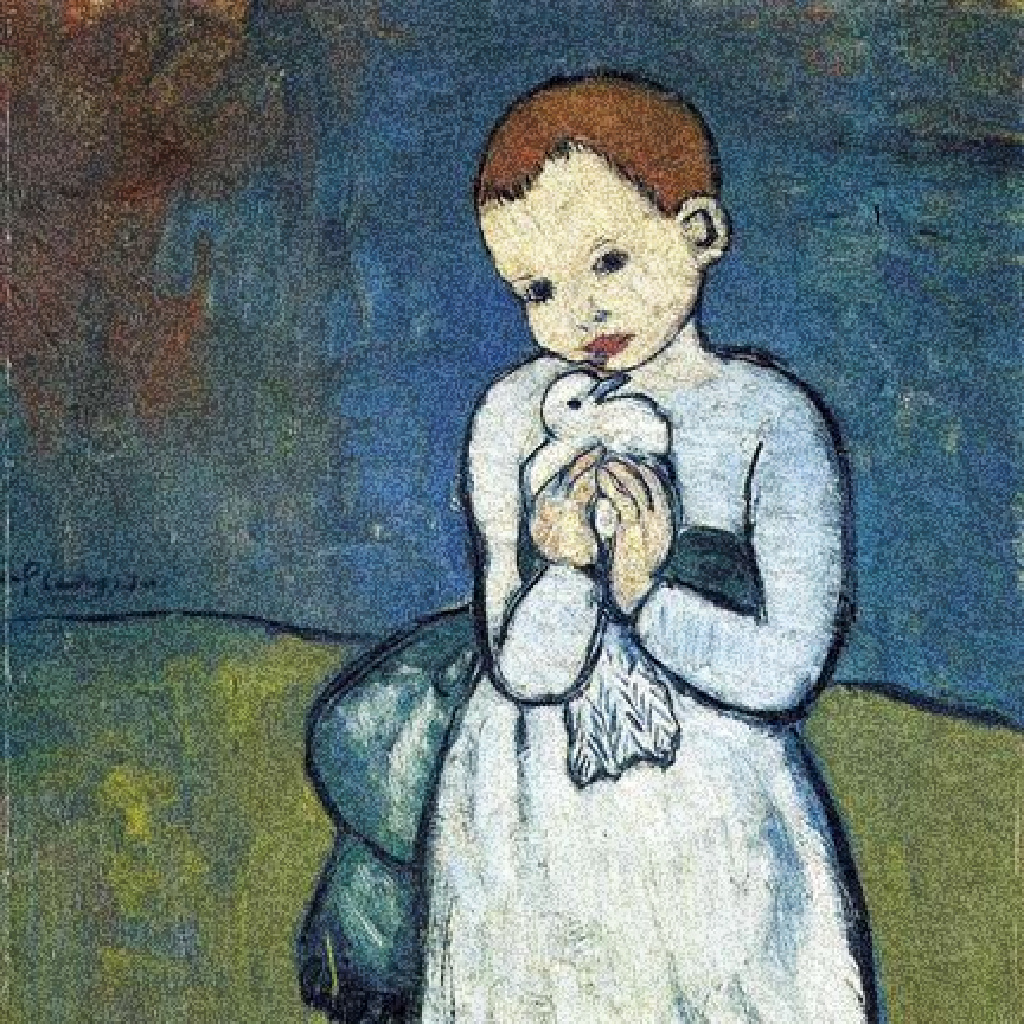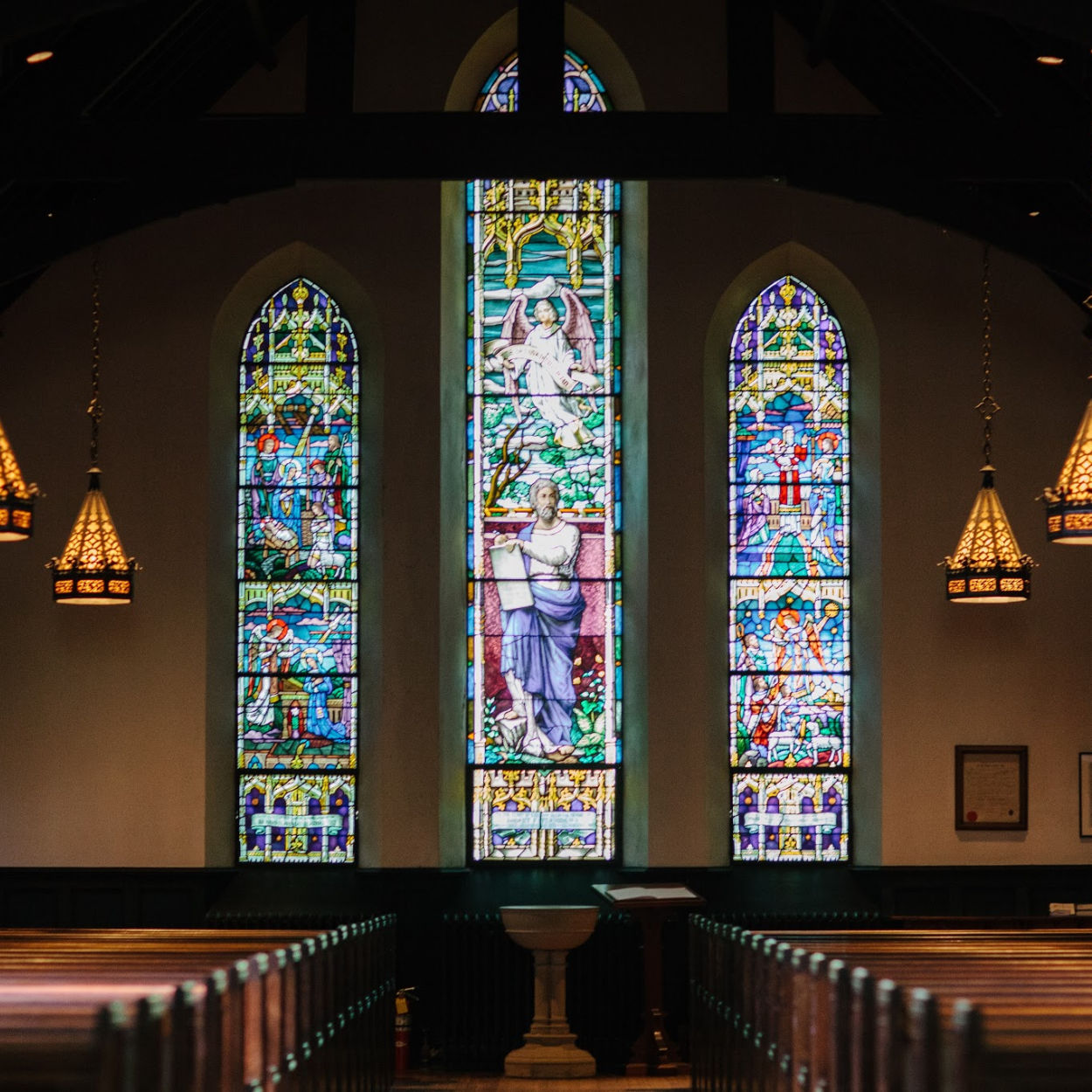This week Fr. Thomas Reese called on US Catholic bishops to start supporting the Democratic party if they do end up victorious on the issue of abortion.
Reese argues that while ending abortion is an important priority for these bishops, once that goal has been passed they may find themselves more generally aligned with Democrats.
Reese’s article got me thinking about how a major change in abortion law may affect Latter-day Saints’ political leanings.
This will likely depend in part on how abortion law is settled. Whether a national legislative compromise can be reached or it does go to the states.
But if the Supreme Court rules in Dobbs that there is no constitutional right to an abortion and the matter returns to the states, we may see Latter-day Saints shift significantly.
There are currently ten states that, in this scenario, would outlaw abortion without exceptions for rape or incest.
While the Church’s position emphasizes opposition to elective abortion for convenience, it does allow exceptions for pregnancies that result from rape or incest.
To be clear, the Church itself does not favor or oppose specific legislative proposals. And yet if the large question on abortion shifts from whether or not elective abortion should be legal to whether or not there should be exceptions to allow abortion for rape or incest, Latter-day Saints may find their sympathies on the opposite side of the abortion debate.
Just as not all Latter-day Saints today advocate that the law match the Church’s position today, some Latter-day Saints might argue that while the Church’s position is for the whole world, not every country needs to allow those exceptions. So I certainly don’t mean to suggest that every Latter-day Saint must shift, but it’s certainly worth noting as a potential future trend.
















